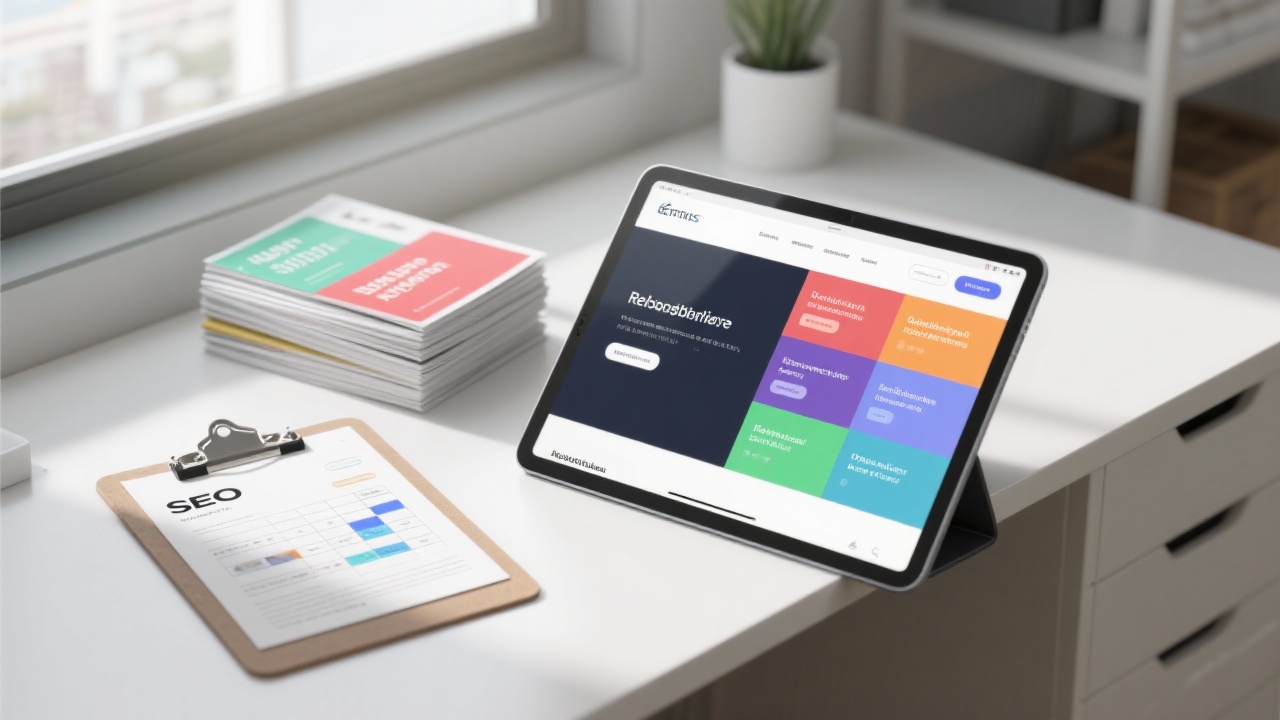 400-076-6558智领未来,外贸超级营销员
400-076-6558智领未来,外贸超级营销员
 400-076-6558智领未来,外贸超级营销员
400-076-6558智领未来,外贸超级营销员

In the realm of international trade, foreign trade contracts serve as the cornerstone of business transactions. They define the rights and obligations of both parties, and effective management of these contracts is crucial for the success of enterprises. However, businesses often face a multitude of risks and challenges in this process. According to a recent industry report, approximately 30% of foreign trade enterprises have encountered legal disputes related to contracts in the past year, which not only incur significant financial losses but also damage the company's reputation.

When drafting a foreign trade contract, several key principles must be adhered to. First and foremost, clarity and precision are essential. All terms and conditions should be clearly defined to avoid ambiguity. For example, in a contract between a Chinese electronics exporter and a European importer, a vague description of the product specifications led to a dispute over the quality of the goods. The exporter claimed that the products met the general industry standards, while the importer argued that they did not meet the specific requirements they had in mind. To prevent such situations, it is advisable to include detailed product descriptions, delivery terms, and payment methods in the contract.
During the contract review process, there are numerous risk points that need to be carefully identified. One common risk is the legal compliance of the contract. Different countries have different laws and regulations regarding foreign trade contracts. For instance, in some countries, there are strict regulations on the import of certain products, such as food and pharmaceuticals. Failure to comply with these regulations can result in the rejection of the goods at the border or even legal penalties. Another risk is the financial risk associated with payment terms. Late payments or non - payments can cause cash flow problems for the exporter. To mitigate these risks, it is recommended to conduct a thorough legal review and credit check of the counterparty before signing the contract.

Once the contract is signed, the execution phase begins, and continuous risk monitoring is necessary. This includes monitoring the progress of production, delivery, and payment. For example, if the exporter fails to deliver the goods on time due to unforeseen circumstances such as natural disasters or labor strikes, it can cause losses to the importer. In such cases, both parties should have a pre - agreed mechanism for handling force majeure events. Additionally, setting up a system for real - time monitoring of contract performance can help detect potential risks early and take appropriate measures in a timely manner.
Digital contract management tools offer a comprehensive solution for foreign trade contract risk management. These tools can automate the contract drafting process, ensuring that all key terms are included and standardized. They can also provide real - time risk assessment during the review process, highlighting potential legal and financial risks. For example, a digital tool can analyze the payment terms in a contract and flag any terms that may pose a high risk of non - payment. Moreover, these tools can monitor the contract execution process, sending alerts when there are deviations from the agreed - upon terms. According to a survey, enterprises that use digital contract management tools have reported a 20% reduction in contract - related disputes and a 15% improvement in operational efficiency.
Let's take a look at a real - life case. A textile exporter in India was facing challenges in managing its contracts with multiple international buyers. There were frequent disputes over delivery dates and product quality. After implementing a digital contract management tool, the exporter was able to standardize its contract templates, monitor the production and delivery progress in real - time, and communicate more effectively with its buyers. As a result, the number of disputes decreased significantly, and the company's customer satisfaction rate increased by 10%.

In conclusion, scientific contract management can bring significant business improvements and legal protection to foreign trade enterprises. The use of digital solutions in foreign trade contract risk management is an emerging trend. As the global trade environment becomes more complex, enterprises need to embrace these digital tools to stay competitive. By using a digital contract management tool, companies can enhance their contract compliance and operational efficiency, achieving a win - win situation of compliance and high - efficiency. If you are a foreign trade enterprise looking for a digital solution to manage your contract risks, click here to learn more about our comprehensive foreign trade contract risk management toolbox.
.png?x-oss-process=image/resize,h_100,m_lfit/format,webp)
.png?x-oss-process=image/resize,h_100,m_lfit/format,webp)

.png?x-oss-process=image/resize,h_100,m_lfit/format,webp)
.png?x-oss-process=image/resize,h_100,m_lfit/format,webp)
.png?x-oss-process=image/resize,h_100,m_lfit/format,webp)
.png?x-oss-process=image/resize,h_100,m_lfit/format,webp)
